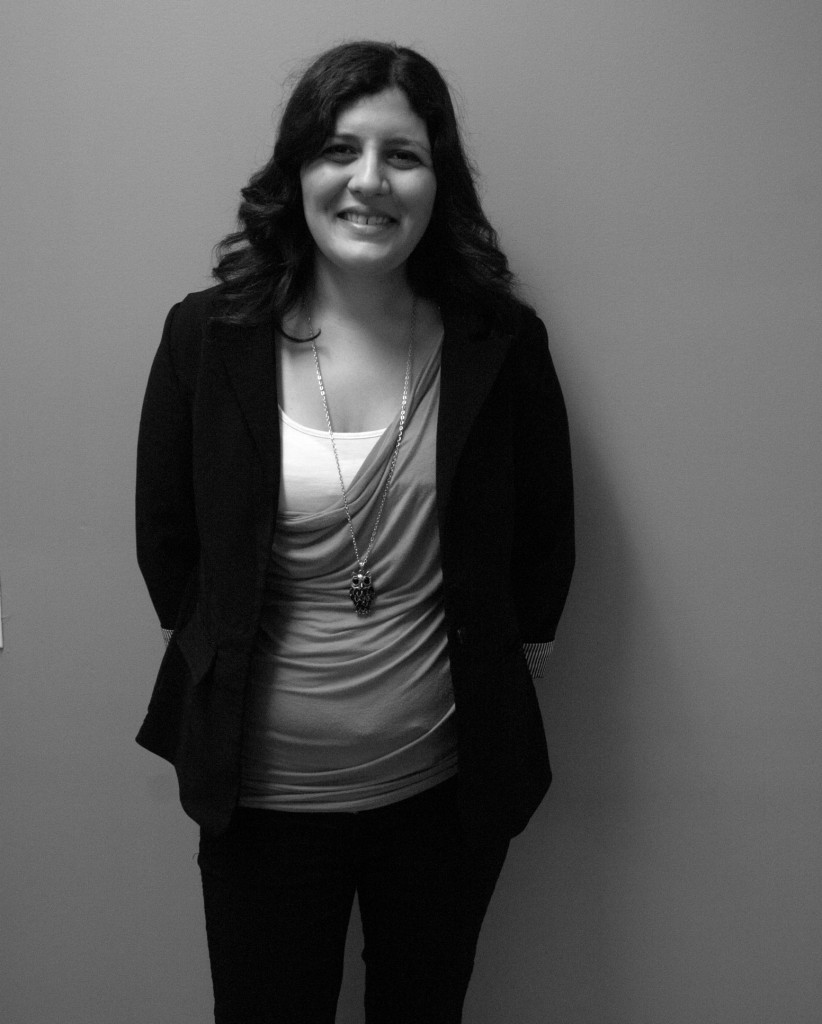
For somebody with a disability it can seem impossible to reach educational and professional goals. One development services grad has created a program to help people do just that.
Christina Ranieri founded Christy’s Integration, Skills, Day Program and Educational Programs for Persons with Disabilities, a charitable non-profit organization that provides general programming for people with a wide range of disabilities. She created the program in December of 2013 and it has now expanded to include 30 volunteers and staff.
“CISDEP is about empowering people with disabilities to achieve their dreams,” said Ranieri, who has struggled with learning disabilities herself. “If you had told me years ago that I would be graduating at all, let alone with two degrees and a diploma, I wouldn’t have believed you,” she said.
Ranieri believed she would never be able to get the education she wanted do to her disabilities. However with the help of programs, like Algonquin’s Centre for Students with Disabilities, she was able to gain several diploma’s from Algonquin as well as a B.A. in Sociology from Carleton University.
While Ranieri says programs like CSD provide effective aid to students, the wait times are often long and the staff overworked. They just don’t have the capacity to meet the demand.
This is where CISDEP comes in.
Ranieri wants to relieve some of the burden on belaboured aid programs and provide a more encompassing organization.
Some programs cut funding and aid off at a certain age or only provide help for a certain aspect of a client’s personal development, such as education. CISDEP aims to help people from age 10-70 with a wide range of needs.
“If you told me years ago that I would be graduating at all, let alone with two degrees and a diploma, I wouldn’t have believed you.”
The major obstacle Ranieri says CISDEP has encountered is the willingness for people to take a chance with such a new organization. The non-profit group has had to survive largely on membership fees paid by families, which Ranieri says will decrease as CISDEP grows.
Other sources of funding, such as government grants, have been slow to respond to requests do to what Ranieri says is a unwillingness to “take a chance” on them.
CISDEP has also found it difficult to convince families to leave their family members with the organization’s day programs because they don’t have the recognition that other established organizations have.
Ranieri says that despite this the families who have participated have given overwhelmingly positive feedback.
“He’s smiling; He never smiles,” said one mother said when she picked up her son from the day program, according to Ranieri.
While CISDEP is continually growing Ranieri would like to see more agreements with the college. She thinks it could be beneficial for related programs, like the development program and even events management, to have a partnership with CISDEP where students could volunteer with the organization.
Ranieri was also a finalist nominated for her advocacy for people with disabilities earlier this month.


